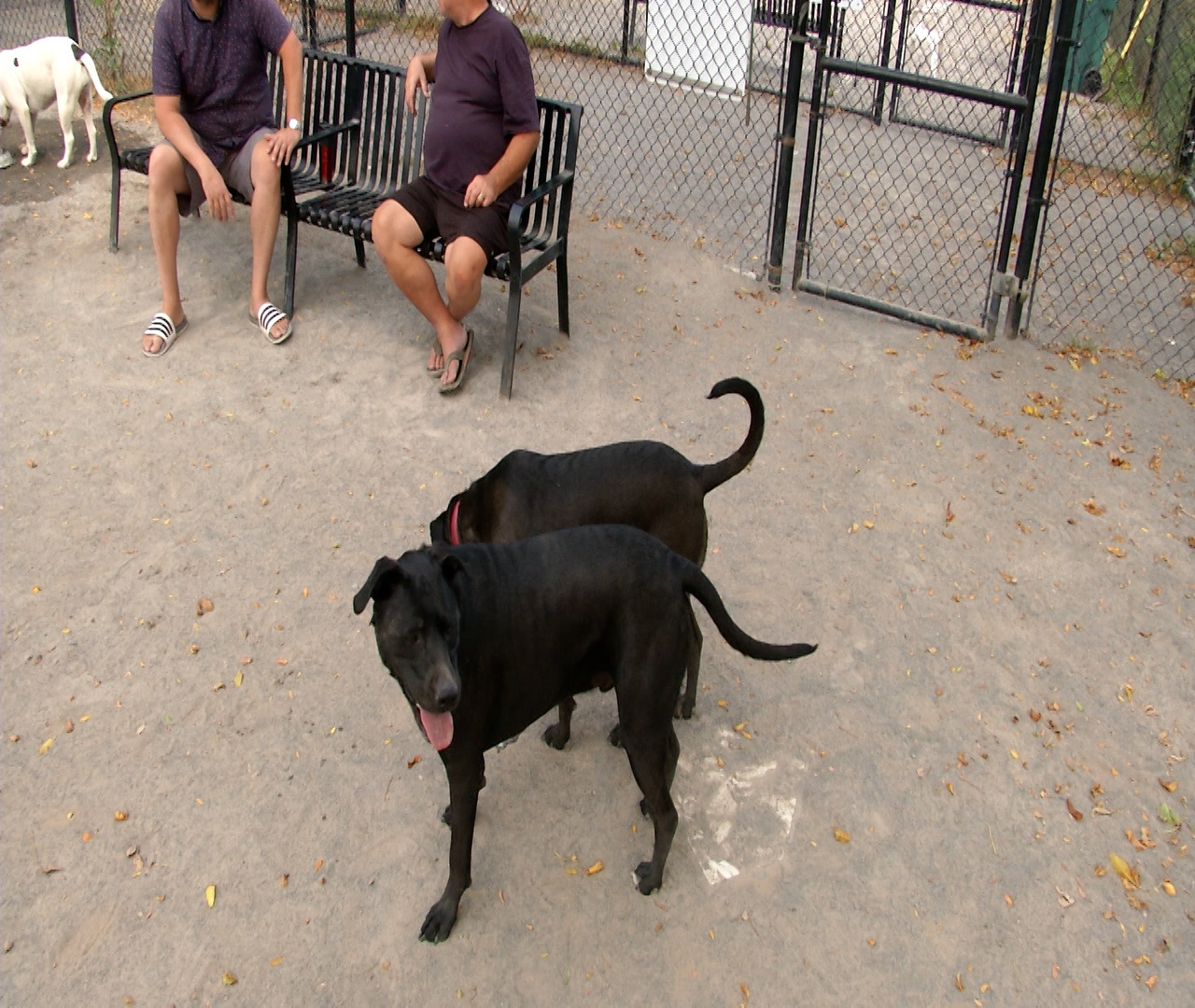Canine parvovirus on the rise in Rochester
[anvplayer video=”5195041″ station=”998131″]
If you have a dog, we have a warning for you: Canine parvovirus rates are on the rise here in Rochester. If left untreated, the virus can be deadly.
News10NBC has been looking into this and has advice on how to protect your four-legged family members. Parvo is not only very contagious among dogs, but humans can also pass it on to their dogs if they’ve been exposed to the virus.
“In the ’70s they all died from it. It was horrific, and it was hot and there was no immunity to it,” said Bill Murphy, DVM.
Some local veterinarians are seeing more cases of canine parvovirus, a violent gastrointestinal bug. Westside Animal Hospital’s Dr. Murphy says the virus is highly contagious.
“The problem with parvovirus is it causes the intestines to make virus instead of lining of the intestine,” said Murphy.

Rates of canine parvovirus,a violent intestinal bug, are on the rise in the Rochester area. (Photo: Patrick Moussignac)
He said infected dogs become very sick very quickly. Telltale signs include bloody stool, vomiting, and a loss of appetite. The virus can live for quite some time in the environment.
“It’s in raccoons, it’s in foxes, it’s in coyotes, so it’s around — and in wild dogs if there are any. So, it’s a problem,” said Murphy.
According to the Greater Rochester Animal Coalition, there are higher rates of the virus in the 14609 ZIP code. News10NBC asked Murphy why that area is being impacted, and he said pit bulls and Rottweilers are highly susceptible to the virus, because many of them are not being vaccinated.
Rochester resident John Jenkins owns a pit bull himself. We talked to him at a local dog park.
“Yeah, we made sure she had her battery of shots for that. The guy that was just here earlier, his dogs had got parvo earlier in their lives so it’s definitely something to watch out for,” said Jenkins.
Another dog owner, Dean Marcello, added, “Since there’s rising cases, I’ll be on the watch for it, but you know I don’t have special goggles to see where that bacteria is hiding so there’s not much I can do other than this vaccine.”
Dr. Murphy says vaccination against parvo is key. Pet parents can also do a little more as well.
“Do not take your dogs to puppy parks until they’re fully vaccinated, and they get a series when they’re puppies. Usually it’s eight, 12, 16 weeks. They’re still not protected until, it’s not immediate, you need time for the body to build it up, and so it’s usually after a week or so after that last shot, they can go to the park,” said Murphy.
On Oct. 18, the Greater Rochester Animal Coalition is hosting a Community Wellness and Aid Clinic at the Genesee Field House in Rochester. Click here for more information.